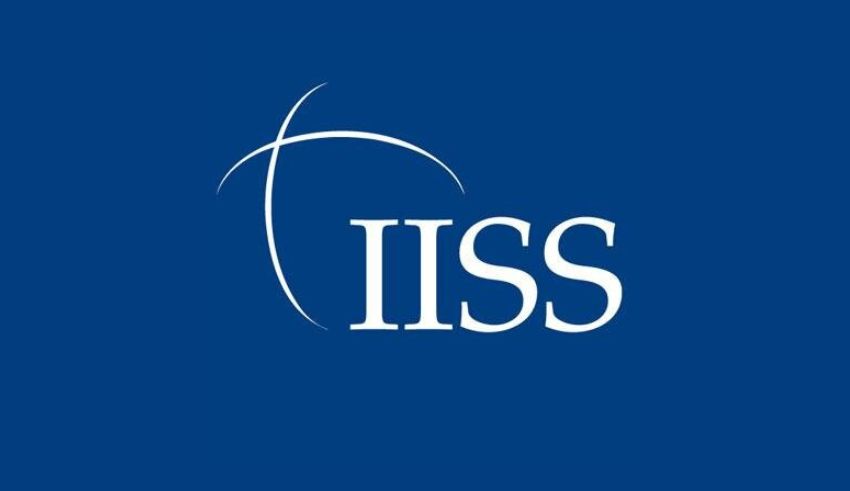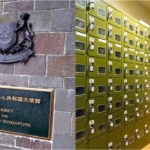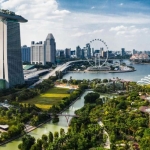
Shangri-La Dialogue (SLD) is the premier defence conference in Asia, held annually in Singapore. Defence ministers, military commanders, security experts, and business executives from around the world convene to discuss significant regional security issues.
In what way is the Shangri-La Dialogue relevant?
Action in Real-World Security: The SLD provides an open venue for frank debate on several security concerns impacting the Asia-Pacific region. Together with cyberthreats, territorial disputes, and terrorism, these include non-traditional security concerns like climate change and pandemics.
Forging Alliances: The summit promotes understanding and collaboration among the military forces and defence establishments of the participating countries. Better crisis management strategies, preparedness, and communication can come from this to maintain regional stability.
Defence Technologies Exhibition: Large defence exhibition of the SLD features the newest products and technologies from top military companies.
Participants in the Shangri-La Dialogue: Who?
The prestigious SLD attracts high level participation. Important visitors include of:
- Ministers of Defence: Defence ministers from various countries, particularly those in the Asia-Pacific region, are in attendance to discuss bilateral and international security issues.
- Chiefs of staff and senior military officials talk and share ideas with their colleagues.
- Experts in security, analysts, and researchers provide insightful evaluations of problems with regional security and possible fixes.
- Defence industry leaders present their most recent innovations and interact with potential customers.
Why is the Conversation at Shangri-La Significant?
Improving Stability in Region: Major factor in the peace and stability of the Asia-Pacific area is the SLD. Easy international cooperation and communication reduces conflict and aids in the resolution of potential security issues.
Putting the Security Agenda together: Regional security is advanced when important problems are brought up and agreement on how to resolve them is fostered by the SLD debates.
Better Alliances:During the summit, delegates from regional alliances, such ASEAN, have the chance to improve coordination and cooperation on security-related issues.
Keeping Up with Developments: Discussions of military technological developments and regional security issues are held for SLD delegates.
Main Discussion Boards
First Plenary: Often, well-known leaders commence this session with keynote addresses that lay out the main topics of the summit and provide the structure for the debates.
Information Seminars: These more specialised talks enable participants to delve into particular security concerns, such the aftermath of cyberwarfare or maritime confrontations in the South China Sea.
Interactive Sessions: Defence ministers and military chiefs regularly have bilateral talks outside of the main sessions to handle specific national issues.
Table Talk: Those who attend these more relaxed lectures have the chance to discuss and look into original solutions for common security problems.
Keep Reading
Conclusions and Legacies
Promotion of policy: The choices and agreements reached at the SLD usually have an impact on defence policy on a national and regional level.
Constructing Networks of Defence: The conference seeks to improve and grow defence relations between countries, therefore promoting cooperation and trust.
Technology Progress: Highlighting the most recent developments in defence technology, the SLD military exhibition inspires innovation and provides countries with access to state-of-the-art solutions.
Action Preventive: The SLD encourages honest communication and understanding in order to prevent confrontations and promote peaceful resolution of disputes.
Endnotes
The security climate in the Asia-Pacific area is significantly influenced by the Shangri-La Dialogue. Its great focus on cooperation, understanding, and open communication makes it an essential platform for discussing the most important security concerns. By attracting a broad spectrum of participation, the SLD not only promotes regional stability but also influences the course of security in the Asia-Pacific region.




























